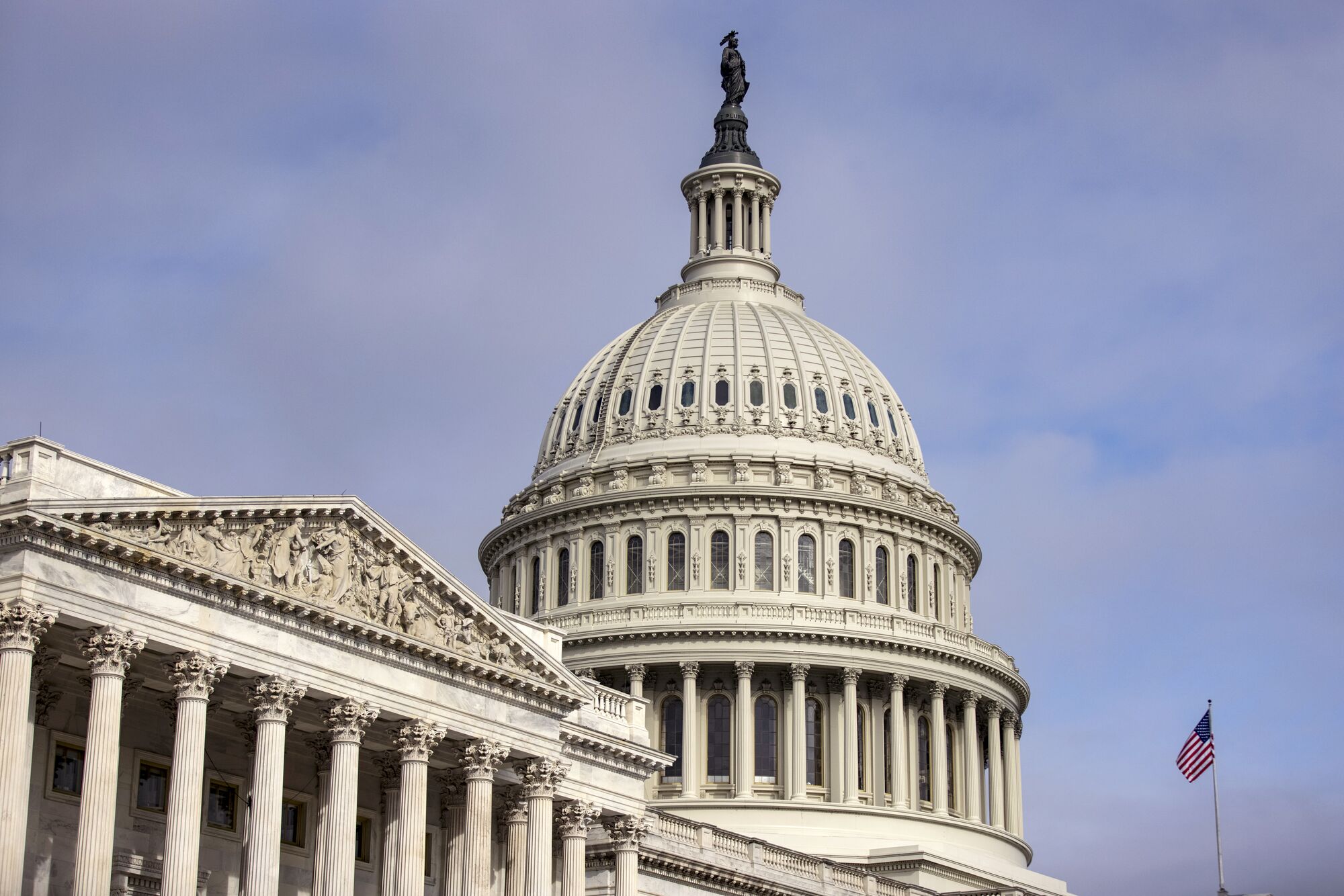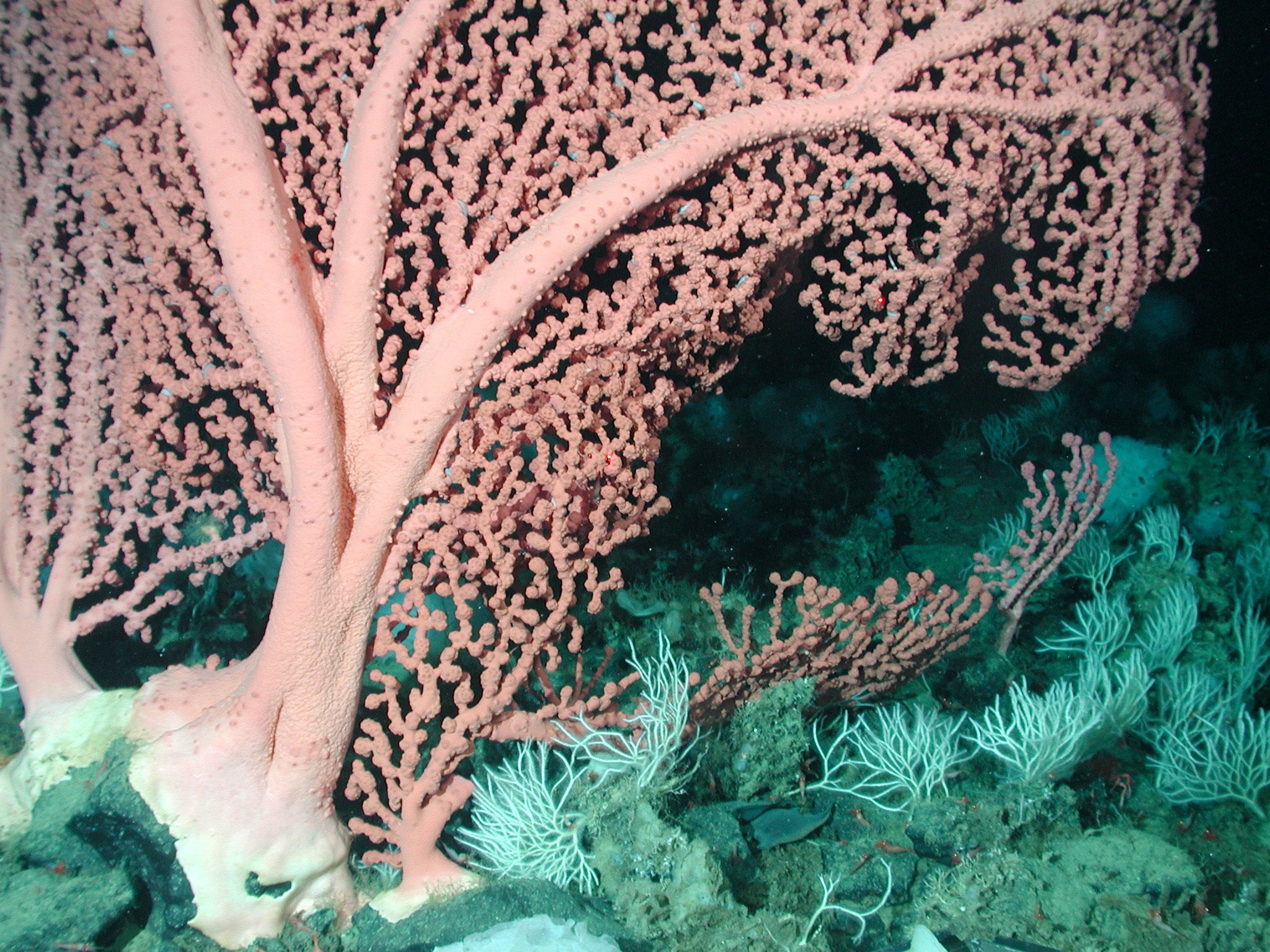Clear-cutting trees, drilling for oil and gas, mining, and reckless development destroy habitats and harm species
65,659
Supporters spoke up in this action
Delivery to U.S. Fish and Wildlife Service
Action ended on May 19, 2025
What Happens Next
Thank you to all who took action! We’re grateful for your support. The Endangered Species Act is still under attack by the Trump administration, so we need you to push back and defend it. Speak up now to oppose the Trump administration’s attack on the Endangered Species Act.
What Was At Stake
Like all of us, endangered species need a safe place to live.
For 50 years, the Endangered Species Act (ESA) has been used to save numerous species from extinction, including the bald eagle, gray wolf, Northwest salmon, humpback whale, and Florida manatee. One key to this success has been the ESA’s broad prohibition of “harm” to protected species—the common-sense concept that destroying habitat, like a forest, river, or wetland that a species relies on for survival, will harm that species.
In its continued attack on the law that saves species, the Trump administration is proposing to rescind the decades-old rule that defines harm to include habitat modification, as a way to undermine the ESA and defy a U.S. Supreme Court decision upholding the rule.
Harming a species has never been limited to shooting an animal or catching a fish: cutting down a tree where a threatened bird nests will harm the bird whether or not it is in the tree when the chainsaws start.
Send a clear message to the Trump administration that you support habitat protections for endangered species and that you reject this proposal.

Current Action Alerts
Your Actions Matter
Your messages make a difference, even if we have leaders who don't want to listen. Here's why.
You level the playing field.
Elected officials pay attention when they see that we are paying attention. Read more.
They may be hearing from industry lobbyists left and right, but hearing the stories of their constituents — that’s your power.
Our legislators serve at the pleasure of the people who gave them their job — you.
Make sure your elected officials know whose community and whose values they represent. When you contact your elected official, you’re putting a face and a name on an issue.
Whether or not you voted for them, they work for you, for the duration of their term.
Make sure your elected officials know whose community and whose values they represent. (Find your local, state, and federal elected officials.)
Your action is with us in court.
If a federal agency finalizes a harmful action, the record of public comments provides a basis for bringing them into court. Read more.
Throughout each of the public comment periods we alert you to, Earthjustice’s attorneys are researching and writing in-depth, technical comments to submit — detailing how the regulation could and should be stronger to protect the environment, our communities, and our planet.
We need you to join us — your specific experiences, knowledge, and voice are crucial to add to the Administrative Record through the comment periods.
Lawsuits we file that challenge weak or harmful federal regulations rely on what was submitted during the comment period. The court can only look at documents that are in the Administrative Record — including the public comments — to decide if the agency did something improper.
Your actions aid our litigation. Taking action and submitting comments during a comment period is substantively important.
It’s the law.
Federal agencies must pause what they’re doing and ask for — and consider — your comment. Read more.
Many of us may have never heard of the National Environmental Policy Act (NEPA) and the Administrative Procedure Act (APA), but laws like these require our government to ask the public to weigh in before agencies adopt or change regulations.
Regulations essentially describe how federal agencies will carry out laws — including decisions that could undermine science, or weaken safeguards on public health.
Public comments are collected at various points throughout the federal government’s rulemaking process, including when a regulation is proposed and finalized. (Learn about the rulemaking process.) These comments become part of the official, legal public record — the “Administrative Record.”
When the public responds with a huge outpouring of support for environmental protections, these individual messages collectively undercut politicians' attempts to claim otherwise.
What this means is each of us can take a role in shaping the rules our government creates — and ensuring those rules are fair and effective.





